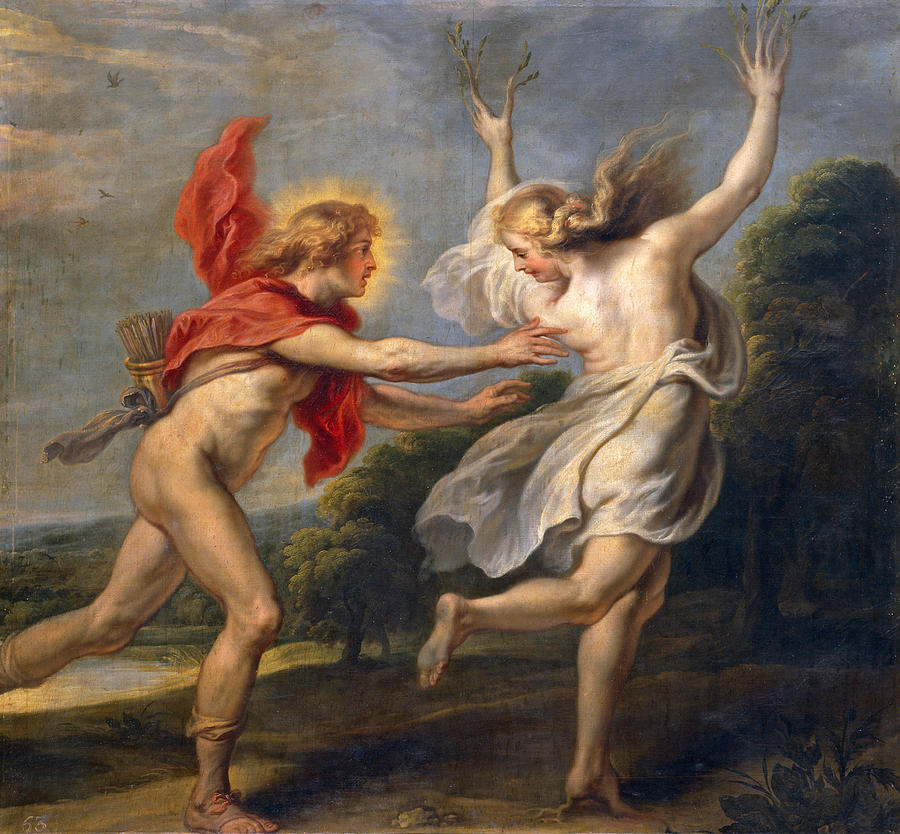Florentine Camerata. The word of music
Almost all the encyclopedic articles about Florentine Camerata say that it was a group of poets, philosophers and musicians, who wanted to bring ancient Greek music into the modern, at that time, Italian music. However, if we get deeper, it becomes obvious that Camerata members had no clear notion about what was the real sound of ancient Greek music. Of course, there were some ancient descriptions but it did not give precise explanations. Following these descriptions we can guess next:
- a) A poet (he is a singer as well) was reading his poem in a singsong manner and accompanied by music
- b) A singer sang the text in a free rhythm and it was also accompanied by the music
Italy of 16th century. In music of that time (mainly) polyphony was prevailed. Camerata thought that polyphonic music had no “miracle”, because there was no clear and understandable syllable. Camerata members believed that music must be guided by the text; music had to follow the rhythm and intonation of poetic verse.
Giovanni de Bardi (1534-1612. The head of Florentine Camerata) said: If music is still magical, then where are the “miracles” today… ...modern music is merely a polyphonic confusion that cannot work its magic on the soul...
Based on the idea that the main thing in music is word, composers, who were with Camerata, composed short vocal pieces, which were called - monody. In fact, this is a simple work for one voice and one instrument.
Later the ideas of Camerata found their embodiment in the first Italian opera “Dafne”, written by the composer Jacopo Peri set to libretto by Ottavio Rinunccini. The score of the opera was lost.
Author: Alisia Holainen (Musique de Cour)



Comments
Post a Comment